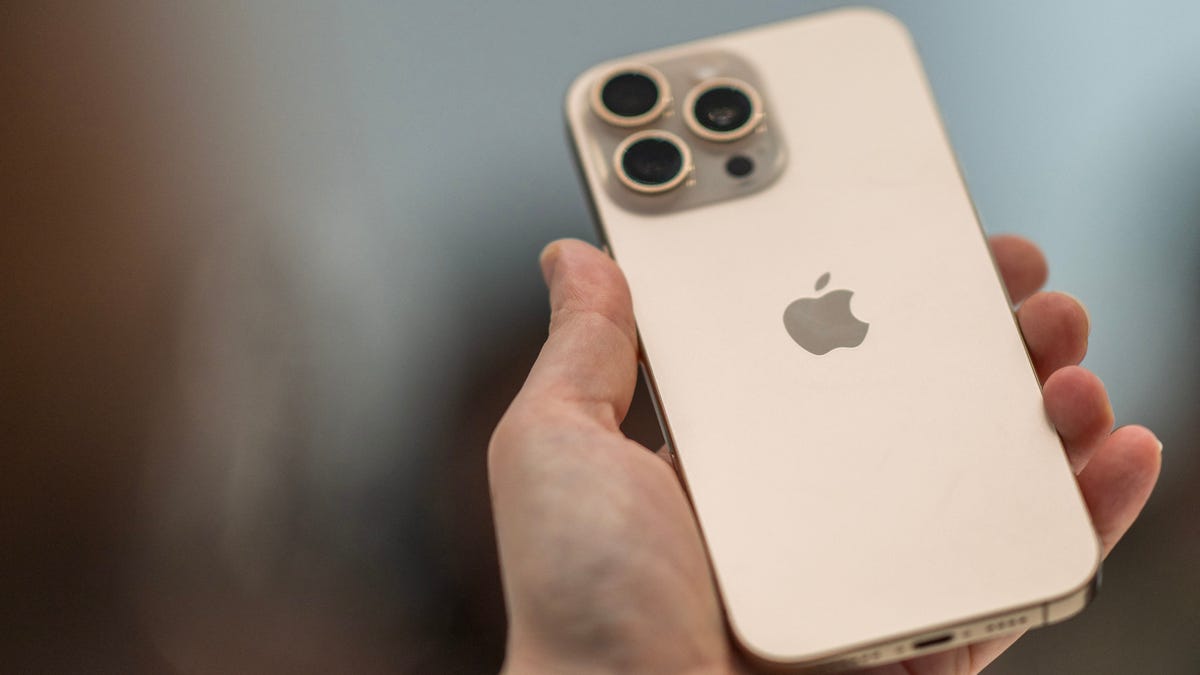In This Story
Pre-orders for the latest iPhone models fell short of expectations as Apple’s (AAPL) artificial intelligence push failed to drive early demand for its new smartphone lineup.
In the first weekend since its debut, Apple sold about 37 million iPhone 16 smartphones — down nearly 13% from iPhone 15 first-weekend sales a year ago, TF Securities analyst Ming-Chi Kuo said in a blog post Monday.
The weaker-than-anticipated sales were driven by lower-than-expected demand for the iPhone 16 Pro lineup, in large part because of the staggered released of Apple’s new AI feature, Apple Intelligence, Kuo said.
“One of the key factors for the lower-than-expected demand for the iPhone 16 Pro series is that the major selling point, Apple Intelligence, is not available at launch alongside the iPhone 16 release,” Kuo said.
Apple stock slid nearly 3% Monday morning.
The slate of new AI features includes capabilities within Safari, Notes, Calculator, and, most notably, Siri for the iOS 18, iPadOS 18, and macOS Sequoia. But at its annual event last week, Apple confirmed that early Apple Intelligence tools, which are available on iPhone 15 Pro models or higher, will launch as a software update in beta in October, with more features rolling out in the following months.
While analysts have touted the growth opportunities and the potential for an upgrade “super cycle,” recent research shows that a minority of consumers buy a new iPhone because of new features. Most only opt to upgrade their smartphones once they become obsolete, or are stolen or damaged.
Kuo added that “intense competition in the Chinese market continues to impact iPhone demand.” Ship dates in the country appear to be shorter in other regions, potentially because higher supply compared to lower demand for the smartphones, according to a BofA Securities (BAC) research note.
Shipping time is about 10 days for the iPhone 16 Pro, and two-to-three weeks for the iPhone 16 Pro Max, which is roughly one week lower than other regions, BofA said.
Apple’s iPhone sales in China fell 19% to start the year — its worst performance in the country since the start of the COVID-19 pandemic in 2020. Its share of China’s smartphone market also fell year-over-year in the first quarter of 2024 to 15.7% from 19.7%. The company has cut prices on some iPhone models in the Chinese market as competition grows with Huawei and other domestic smartphone-makers.
But Kuo said Apple still has opportunities to improve sales with the release of Apple Intelligence and “peak season promotions,” including the holiday season in the U.S. and Europe, and (year-end holiday season in America and Europe and Double 11 in China, the country’s largest shopping festival similar to Black Friday.
“These factors will be key points to watch for changes in iPhone demand,” Kuo said.

